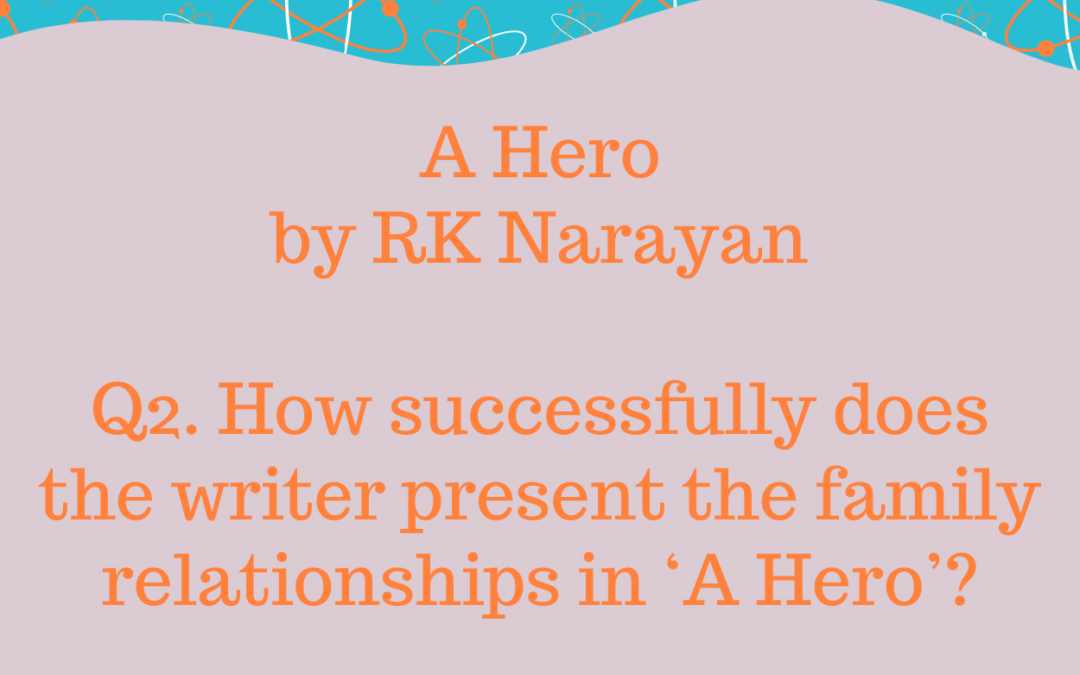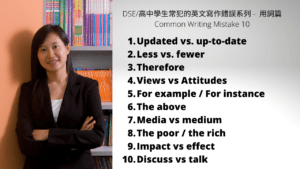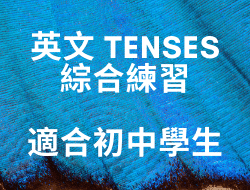Edexcel English IGCSE: A Hero by R.K Narayan
Q2. How successfully does the writer present the family relationships in ‘A Hero’?
You should write about the following:
- Swami’s relationship with his father
- the relationships between Swami, his grandmother and his mother
- the relationship between Swami’s mother and father
- the writer’s use of words, phrases and techniques.
You should refer closely to the text to support your answer. You may use brief quotations.
Edexcel English IGCSE Model Essay by an Expert
Swami’s father is authoritative, but ultimately subordinate to the women of the house. Swami’s relationships with his mother and grandmother are more positive.
Father and Swami have a tense relationship, because of Father’s unreasonable authoritarianism. Father is presented as cruel and harsh, for example he “sneered” at Swami’s opinions, and he repeatedly addresses Swami with imperatives, showing his control over him. He also cruelly compares Swami to a “baby” for sleeping with his Granny, and threatens to make him a “laughing-stock” at school. Swami is unable to defend himself, and has to resort to other techniques, such as changing the subject and hiding, to try to avoid Father’s wrath. Even after his experience in the office, Swami hides from Father, his ultimate emotion being “tremendously relieved” that Father is leaving him alone.
Swami has a better relationship with the female members of the household, particularly Granny. His relationship with Mother is initially quite cold, as she says that she “hardly know[s] anything about the boy”, and she does not try very hard to help him when he gives her a “look of appeal” on the way to the office. However, at the end of the story, she “lost her temper” with Father in Swami’s defence, showing that she has Swami’s best interests at heart. Swami’s relationship with Granny strongly contrasts his relationship with Father. Granny is described as a “good lady” who cares for Swami; this is in stark contrast to Father, who is subsequently described with the simile, “like an apparition”, making him seem like something evil and supernatural. Granny’s repeated questions when he goes to bed so early show concern for Swami, contrasting the challenging questions from Father earlier in the story.
Despite being dominating, Father clearly does not like directly contradicting the female members of the household. Mother uses imperatives to address him, mirroring his authoritative attitude towards Swami: “tell her so; and don’t look at me”. In this exchange, she is advising him to confront Granny about spoiling Swami; Father reacts to this by “gloomily gazing at his newspaper”, clearly showing that he does not wish to directly confront his mother. By then ignoring Granny’s pleading for him not to disturb Swami, Father avoids confrontation with her. At the end of the story, Swami is allowed to sleep back with his Granny, showing that Mother and Granny ultimately have more power than Father. Father’s loss of power is reflected in the ellipsis and use of qualifiers in his speech, showing his diminished confidence and authority.
Father is clearly a dominating character, which creates tension with Swami. However, it is eventually clear that it is the women of the house who have the final say in Swami’s upbringing.



